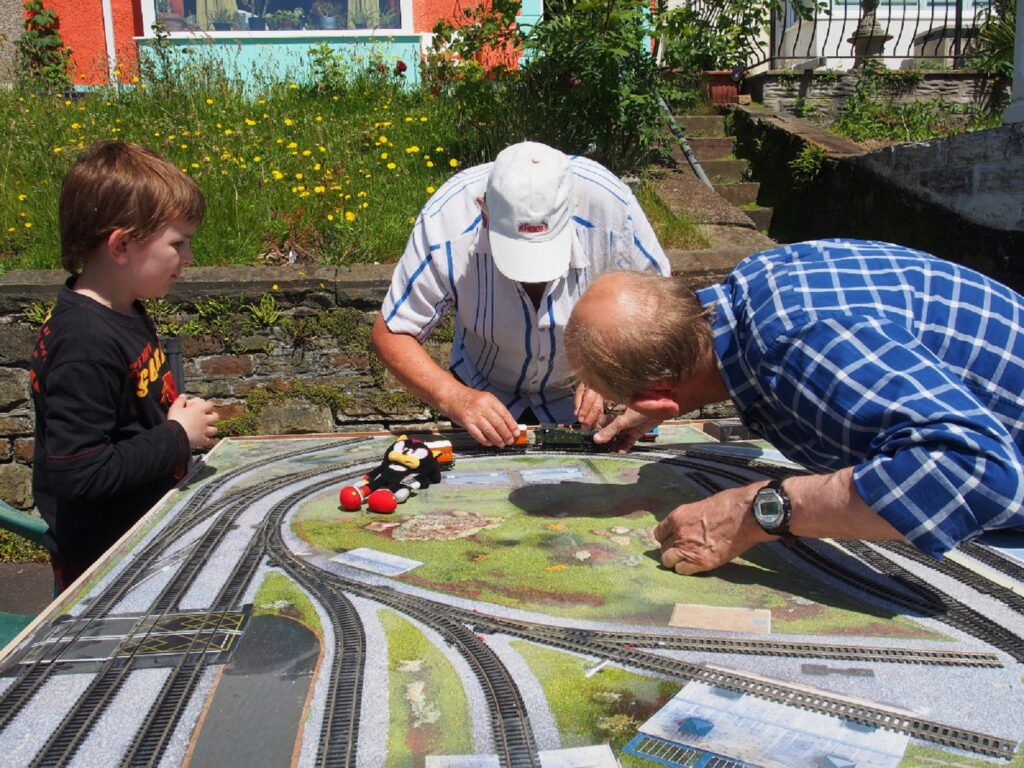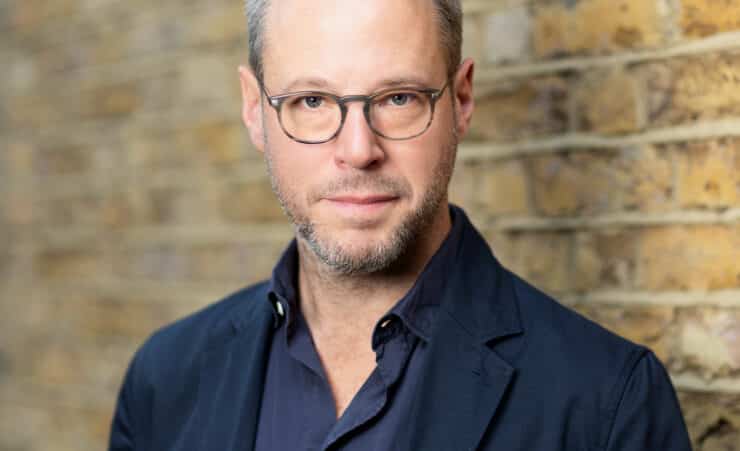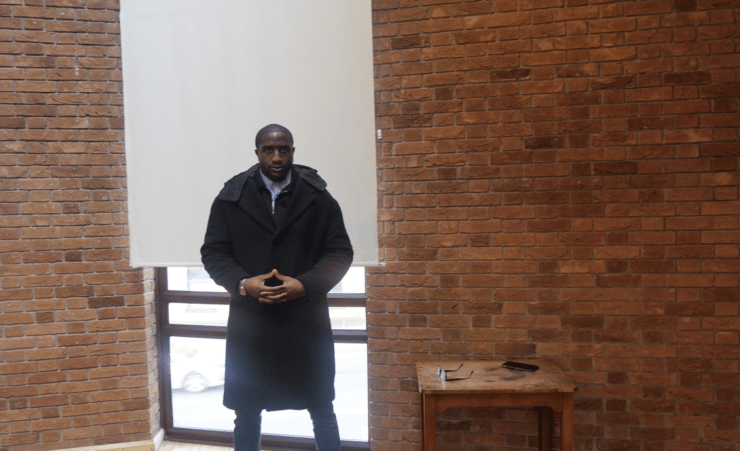
Strategies for survival
At a recent Roundtable discussion for CEOs of voluntary organisations, Arvinda Gohil, CEO of Community Links, discussed her organisation’s recent partnership with Catch22.
Context
Those present shared the challenges at the forefront of their minds:
- Pressure/squeeze on time, space for planning and asking big questions about the organisation’s future. For example, when and whether to look at merger; and ‘lack of opportunities to have open discussions about challenges’
- Lack of long-term funding; constant pressure to diversify/reinvent. Basically ‘having to find different ways of meeting the same objectives’, but paucity of alternative funding sources: ‘a drying up of funds; very difficult to find the equivalent elsewhere’
- Competitive funding environment makes it difficult to judge what/when to share with others
- Many organisations ‘have no idea what their true financial situation is’
- ‘The pace and scale of change makes it so difficult to plan or predict when everything is so uncertain’
Attendees acknowledged that it is difficult to find people who will tell you what to avoid, and very unusual to have ‘this kind of forum’ for discussion. They hoped to have an open conversation about the above challenges.
Key messages for organisations who find themselves in crisis
- ‘Bumping along from crisis to crisis isn’t sustainable long-term’
- ‘Comprehensive reviews of your organisation have to start with the finances: is there enough transparency, depth and credibility?’
- ‘You need cash to downsize and then more cash to re-size’
- ‘What should matter most is the preservation of the work, not saving the organisation. And if the work is still needed, your job is to find a way of delivering it. But there is no room for sentiment – with the organisation or with people.’
- ‘In looking for a partner [as a means of keeping the work going], the key question is: what do we each bring and what can we each get out of it?’
- ‘A crisis can be an opportunity: to focus your mind on what really matters [the work, not the organisation]; and to focus funders’ minds on what their priorities are’
- ‘Questions about merger or other partnerships should be asked routinely: what is the most appropriate and stable vehicle for delivering our charitable objects and delivering our work – that is what should matter most’
- ‘If you enter into a formal partnership with another organisation, you need to understand that it’s never going to be the same again. Change is unavoidable.’
- You can cut things here and there – salami slicing – but at some point, you have to re-structure the organisation that sits at the centre
- Advice when looking for a partner to work with:
- Ask for serious technical advice from people who are experienced
- Get to know the organisation informally – CEO to CEO and Chair to Chair
- Sit down with the head of the organisation you are looking to work with and consider what the future could look like with that person
- Carry out due diligence in both directions
- Shop around
Messages for Funders
- Rethink Diversification: routine exhortations to diversify income and be ‘more sustainable’ are at odds with realities of the funding environment: competitive; limited opportunities; tendency towards short-term, non-renewable.
- Rethink Continuation: ‘if you still get value from your investment, why end it?’
- Invest in New Partnership Models: ‘fund a trial of shared services across a group of organisations in the same field/geography; share and promote the lessons to reassure and inspire others’
- Supporting Peer Exchange: create space for leaders to think and reflect together, and look at different options and approaches for keeping their work going; as part of that, being proactive about creating linkages between grantees.


